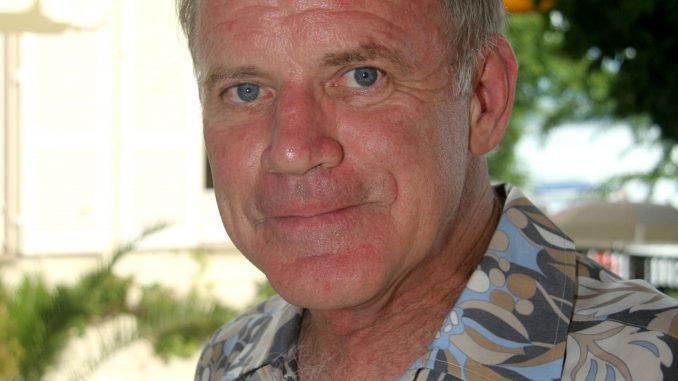
Kary B. Mullis, who will be one of the most honourable lecturers at the forum, was awarded the Nobel Prize for developing a way to copy and replicate a strand of DNA, a method which is now widely used in almost every laboratory in the world.
The Polymerase Chain Reaction (PCR) technique developed by Kary B. Mullis enables to make numerous copies of specific DNA segments for further studies such as detection and diagnosis of diseases (especially AIDS), paternity testing, gene cloning, etc. PCR triggered a rapid development of the modern biopharmaceutical industry.
“Mullis is a great genius. He is very distinctive, unique. There are not many people like him in the world,” says Prof. Dr. Vladas Algirdas Bumelis, a member of the Steering Committee of Life Sciences Baltics 2014 forum.
The journal Science declared the PCR technique invented by Kary B. Mullis one of the most important scientific discoveries in human history. During the Noble Prize award ceremony at the Swedish Royal Academy of Sciences, it was announced that this discovery advanced the development of gene engineering and biochemical research and opened the door to new applied technologies in medicine and biology.
Life Sciences Baltics 2014 is the biggest international forum of biotechnologies, pharmaceutical sciences and medical devices in the Baltic States. The forum attracts the experts of life sciences from more than 30 countries. The forum hosts conferences, an international exposition, business-to-business meetings, visits to Lithuanian enterprises and universities, startup and student sessions and a MAP Kinases II conference. For the second time, the forum is organised by Enterprise Lithuania.

Be the first to comment